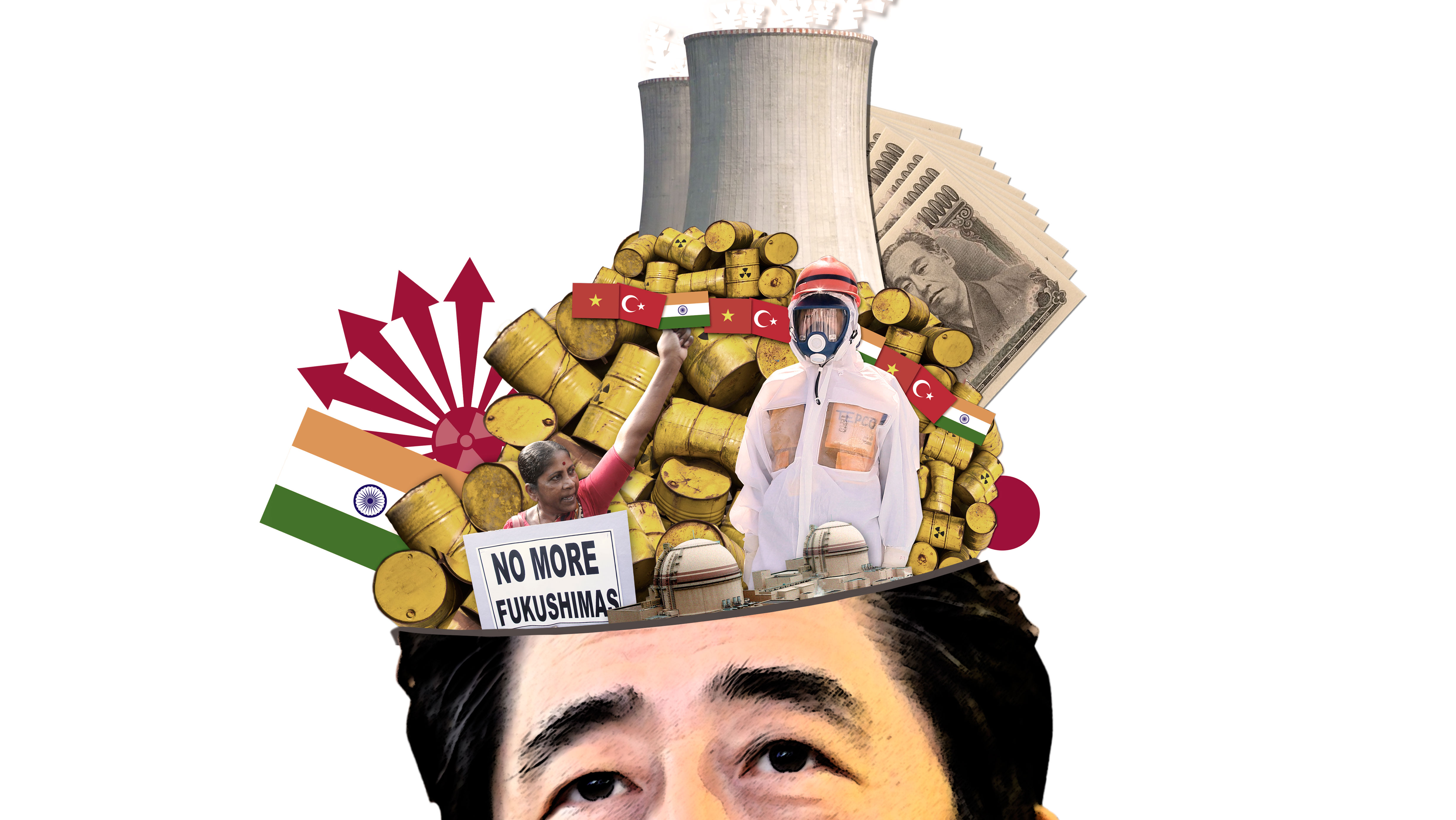Prime Minister Shinzo Abe is now in New Delhi to celebrate the 65th anniversary of the founding of the Indian Republic. His presence speaks volumes about closer diplomatic, security and economic ties and, at least from Tokyo's perspective, a common agenda on responding to the rise of China. India remains ambivalent, pursuing a shrewd hedging strategy rather than siding with either Beijing or Washington/Tokyo, eager to maximize concessions from all sides.
"The Emperor visited India last month — a huge symbolic event — and now Abe has been invited to be the chief guest at the Republic Day celebrations on Jan. 26 — no other Japanese prime minister has been invited to this before — an invitation extended only to close friends and partners," says Punendra Jain, professor of Asian Studies at Adelaide University in Australia. "This symbolizes their closer and evolving political and strategic relationships. Of course, the elephant in the room is China."
Tensions with China and South Korea have spiraled upward over the past year and thus "Abeplomacy" seeks to offset Japan's isolation in East Asia by nurturing closer ties with the member states of the Association of Southeast Asian Nations and India. Warming ties with New Delhi marks a sharp turnaround from 1998 when Japan imposed economic sanctions on India (and Pakistan) for conducting a series of nuclear tests. These sanctions were lifted in 2001, at Washington's behest, to reward their support for the U.S.-led "war on terror." Since 2003, India has been the largest recipient of Japanese economic assistance, and economic ties are growing due to the 2011 Comprehensive Economic Partnership Agreement. Bilateral trade in 2011-12 reached $18.43 billion, up 34 percent from the previous year, but remains modest given the $334 billion in Sino-Japanese trade in 2012.


















With your current subscription plan you can comment on stories. However, before writing your first comment, please create a display name in the Profile section of your subscriber account page.